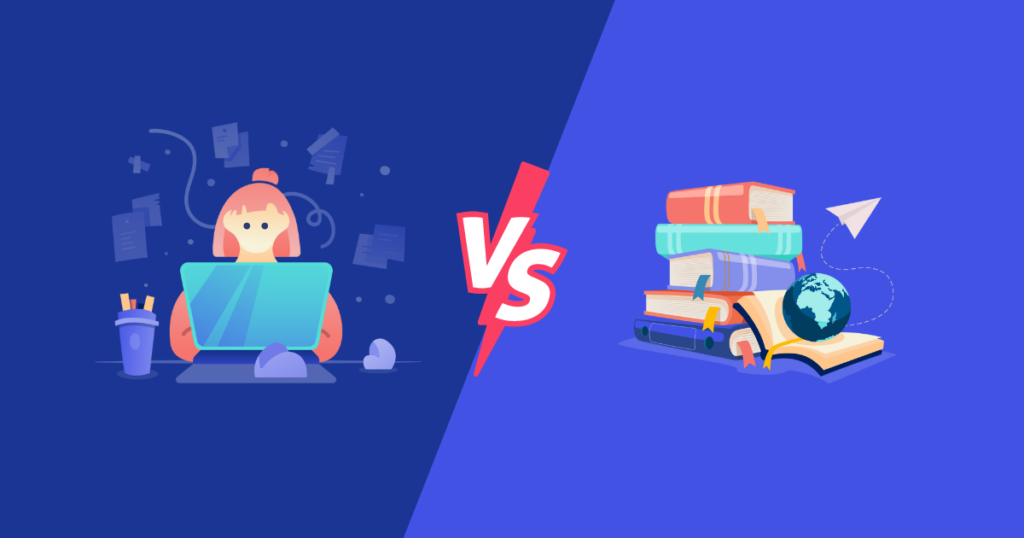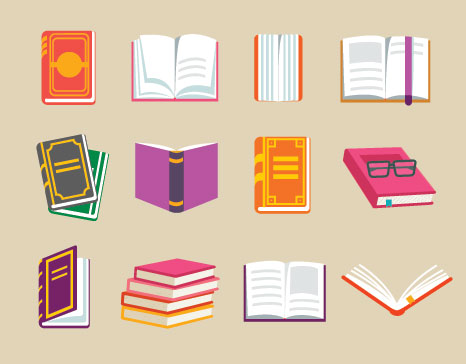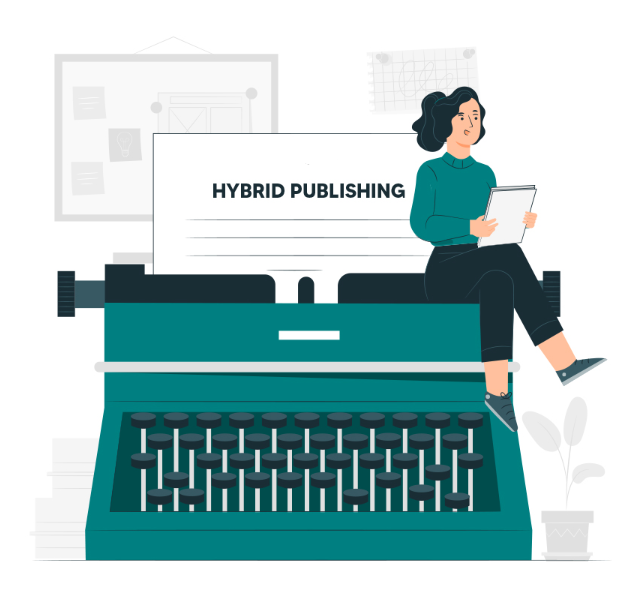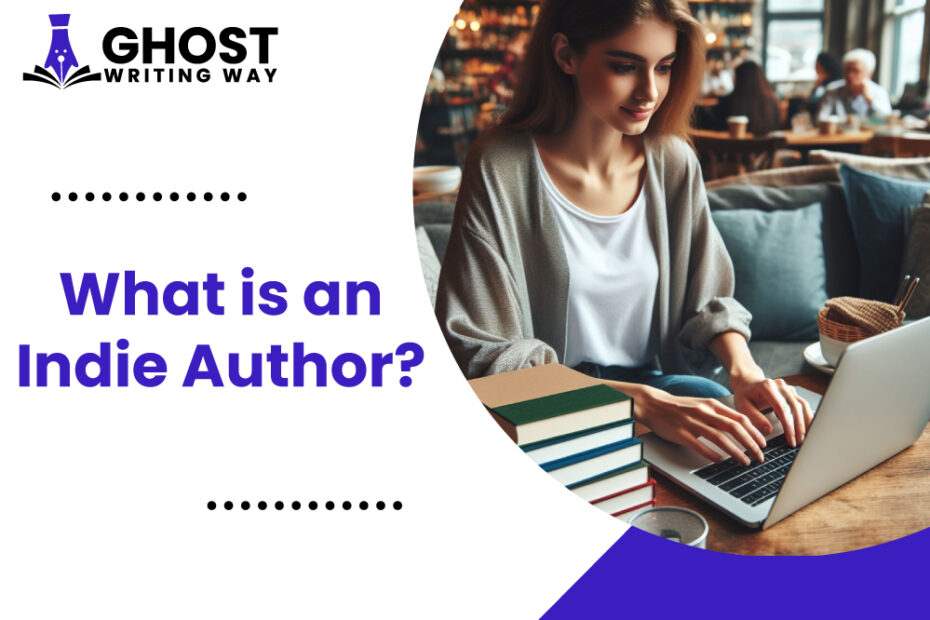Indie Author Meaning
Self-published writers are called an indie author and self-published authors use platforms and tools. They handle publisher duties like editing, design, formatting, marketing, and distribution management. Indie author gain power with e-books and digital publishing growth. Simplifying global publishing for writers to share their work easily.
Indie publishers are Independent risk-takers
Independent publishers embrace risk-taking with original content of ebook writing and place a higher value on creativity than financial gain. Book writing company often follow this approach, putting art above commercial success and striking a balance between financial objectives and artistic integrity.
Quick indie publishing with risks and benefits:
Independent publishers and book writing company in usa embrace risk-taking with original content and place a higher value on creativity than financial gain. They put art above commercial success, striking a balance between financial objectives and artistic integrity.
Indie authors’ key characteristics:
1. Creative Authority: Indie author control content, cover, pricing, and book marketing.
2. Increased Revenue: Authors earn more revenue per nonfiction writing compared to traditional publishing Because there are numerous parties involved, revenues are lowered.
3. Engagement: Through social media, blogs, and newsletters, independent writers frequently interact directly with their readers and build an engaged audience.
4. Quick Launch:Compared to traditional publishers, who might have longer deadlines for editing, marketing, and distribution, they are able to publish their work more quickly.
Indie publishers have more creative control:
Authors have more control over the editorial and design process with an indie publisher. They can influence the story direction, cover art, and target audience.
Advantages and Challenges Indie Publisher:
Working with an independent publisher is a good option for smaller platforms or debut authors with difficult genres. While you may not have big PR support, you can still sell your book without being famous. You will need to put in extra effort to promote your work without the backing of a large marketing team.
Indie publishing offers higher revenue:
Independent publishers rarely pay large advances (if any); however, they may offer more generous royalties than the major publishers, which typically pay around 15%. Revenues for an independent publisher or an indie publishing house can be as high as 50%! With a smaller advance, you don’t need to “earn out” before receiving your first paycheck.
The Power of Indie Publishers in the Book Industry:
When it comes to reading, the publisher may not matter much, but independent publishers such as Scholastic can still be successful despite not being one of the Big publishers. Money and large teams do not guarantee success, as indie publishers establish relationships with booksellers to introduce readers to hidden gems. Indie publishers can achieve the same level of success as traditional publishers, so define your own success criteria when selecting a publisher.
What makes a book an indie book?

An indie book is a short-term independent book, that usually describes a book that has been released outside of the general publishing system. The following qualities frequently characterize an independent book:
1. Self-publishing: Independent authors often prefer self-publishing over traditional publishing. Self-publishing is more common among independent writers than traditional publishing.
2. Indie publishers: Independent publishers release indie books without ties to major groups, offering authors creative control and flexibility.
3. Creative control: Indie authors have more freedom to experiment with content, style, and genre than authors working with traditional publishers. They can choose to write niche or unconventional books that might not appeal to mainstream audiences.
Is indie publishing the same as self-publishing?
Indie and self-publishing often merged under self-publishing. These are great options for individuals wanting to self-publish books or agents. The approach distinguishes self-publishing from indie publishing.
Indie Author Vs Self-Published

| Aspect | Indie Author | Self-Published Author |
| Definition | Self-publishing author retains full creative and publishing control. | Author self-publishes work without traditional publisher involvement. |
| Control | Complete control of writing, editing, design, and marketing. | Similar to indie author, they have control but use more self-publishing services. |
| Costs | Covers all expenses for publication. | Self-publishing packages cover all costs. |
| Revenue | Similar to indie authors, they have control but use more self-publishing services. | Higher royalties, small platform percentage. |
| Marketing | Higher royalties due to no profit sharing with the publisher. | Responsible for marketing on platforms. |
| Distribution | Oversee marketing, and hire freelancers. | Digital distribution, physical copies optional. |
| Quality Control | Hire professionals for high-quality work. | Ensure high quality with self-publishing. |
| Rights | Maintains rights for all works. | Maintains global rights ownership. |
| Branding | Creates independent brand image. | Utilizes self-publishing for personal branding. |
| Community | Multiple distribution options are available. | Connect with an indie author for support. |
| Perception | Growing credibility with quality. | Gaining respect as quality. |
| Growth Potential | In the self-publishing community for support. | Fast growth with hit titles attracts publishers. |
| Flexibility | Flexible in creative decisions. | Easily adjusts to market changes. |
Key Takeaways:
- Control and Flexibility: Both self published authors and independent writers enjoy high degrees of control and flexibility, even though independent writers might adopt a more active strategy, combining more conventional techniques.
- Costs and Revenue: Both pay the publishing expenses and receive larger royalties in return. Platforms for self-publishing might provide packaged services to help control these expenses.
- Marketing and Branding: Each is in charge of their own branding and marketing initiatives. As the market develops, both parties’ perceptions of quality and credibility are getting better.
- Community and Support: Strong community networks are frequently the source of assistance, counsel, and cooperation for both groups.
The Pros and Cons of Indie Publishing
Traditional publishing:

- Authors need a literary agent to publish their manuscripts.
- Ways to get an agent: pitch at conferences, and online events, send query letters.
- The agent sells the manuscript to a publisher for editing, design, and distribution.
- Publisher controls cover art, and formatting with creative rights.
- Authors get advance payment and earn royalties after the advance is covered by sales.
- Marketing helps mainly for big-name authors, first-time and mid-level authors do their own marketing.
Small press publishing:

- Small press pitching is possible without an agent.
- The press provides editors, designers, and distributors.
- Cover art control may vary.
- Publisher retains creative rights per contract.
- Varying contracts include advances, and royalties.
- Marketing support varies among presses.
Hybrid publishing:

- Publishing costs vary based on services, genre, word count, and budget.
- Authors retain all creative rights and 100% of proceeds after paying publisher.
- Full control over content, marketing, and distribution.
- Potential requirement to purchase minimum number of books.
- Author responsible for most marketing efforts.
- Reputable publisher offers peace of mind and professional touch but may require upfront spending and some control relinquishment.
Indie publishing:

- Indie publishers handle all aspects of the publishing process, retaining creative rights and keeping 100% of proceeds.
- Purchase print-on-demand, avoiding inventory and storage costs.
- Managing marketing is time-consuming but rewarding.
- The benefits of indie publishing outweigh the challenges, producing truly personal work.
What are the benefits of being an indie author?
A typical publishing house is what many aspiring writers picture themselves working with. However, whether you are writing fiction or non-fiction, you must locate an agent and fight through it to differentiate yourself from the competition. An option that enables each author to get personalized assistance and marketing services under a distinguished imprint is independent publishing with Forbes Books.
1. Creative Support:
- Experienced CEOs and entrepreneurs can benefit from assistance in writing popular books
- Master Book Plan organizes chapters and ideas
- Professionals from Forbes Books help shape the book’s flow for a smooth and interesting read.
2. Ghostwriting Services
- Independent publishers offer top-notch ghostwriting services for creative control.
- Forbes Books works with vetted ghostwriters for a stress-free matching process.
- Three qualified matches are provided for consideration, interview, and sample review.
- This process results in a better match and greater authorial freedom.
- Authors spend time communicating their vision and reviewing material line by line.
3. Greater Control
- Authors lose rights with traditional publishers but keep control with independent ones.
- Indie publishers allow greater creative and promotional control for authors.
4. Customized Promotional Plans:
- Traditional publishers control book promotion with a focus on top sellers.
- Independent publishers offer more control and promotional opportunities.
- Promoting to media channels is crucial for recognition and audience growth.
- PR strategy and promotion packages are essential for book success.
- The plan includes exposure in journals, magazines, and trade publications.
- Authors can earn placements in top publications like USA Today and Wall Street Journal.




